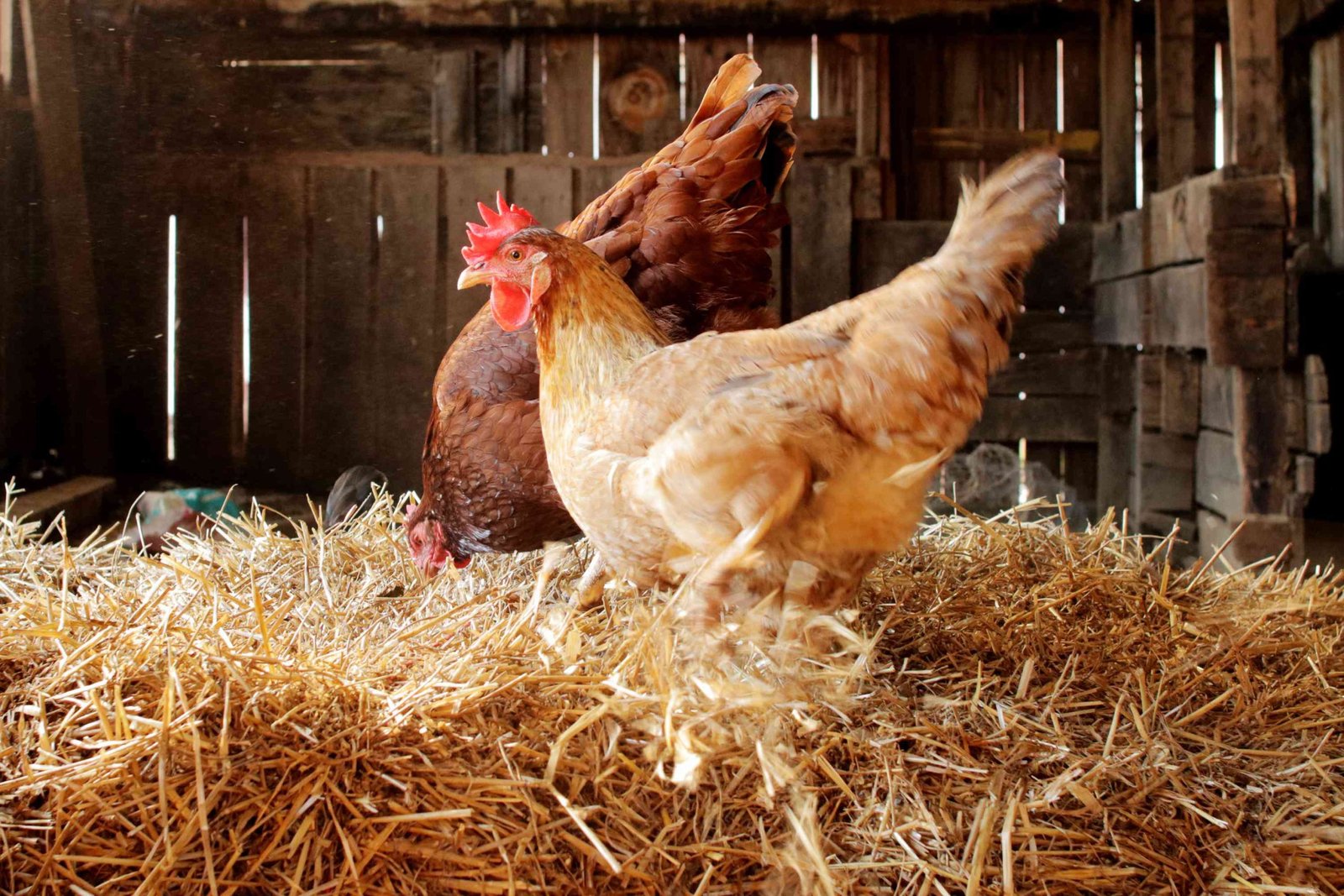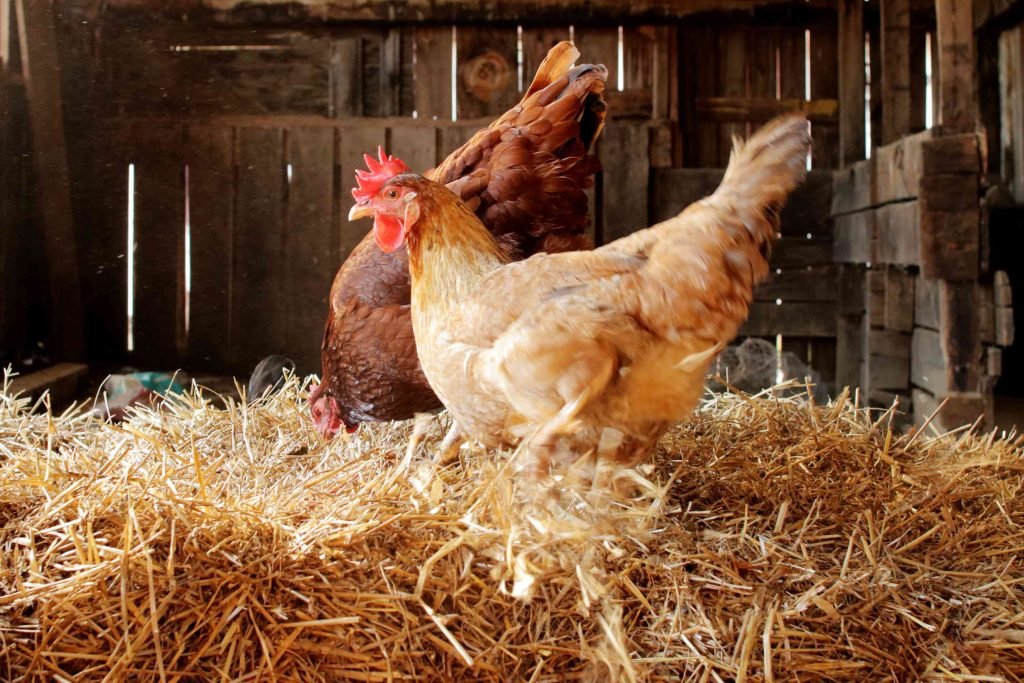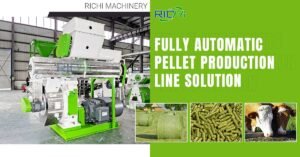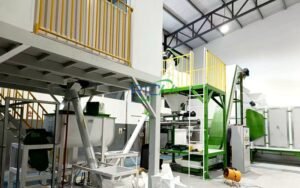
If the chicken coop is wet for a long time, it will still have a big effect on the chickens, generating numerous illness and also decreasing breeding efficiency.
As a result, specifically in fall, you must not overlook the management of the chicken coop atmosphere and take note of safety nets to avoid the event of dampness in the chicken coop.
1. Control The Density Of Chickens
Control the thickness of chickens is one of the most efficient means to avoid coop from damp in fall, the higher the thickness, the extra damp it is. Because of discharging and also respiration, these are prone to create water vapor, so the thickness must be decreased to lower moisture when breeding.
Thickness control relies on the age of chickens, monitoring style, air flow problems and period.
The thickness of bed linen rearing is lower, and also shelf or net rearing can be increased by 20% compared to bedding rearing. In a well-ventilated chicken coop, the rearing density can be suitably large. Chicken coops of the very same location must have less chickens in summer season.
2. Boost Air Flow In The Chicken Coop
Ventilation can aslo effectively prevent coop from wet in fall, It is constantly advised to preserve great ventilation in your house, much more so in warm conditions. Typically the coop is closed to maintain killers out, but openings can be exposed for air flow.
If the space in your coop is thick in the wintertime, is it possible to change the solid walls or doors with barbed wire in the summer season? This will enable air flow as well as keep killers out.
If using electric tools, take into consideration adding fans to the coop or using solar fans, which can supply smooth ventilation to preven coop from wet in fall. Additionally, avoid overcrowding and also leave space for your chickens to walk around! No one likes to be crowded on a warm day. Offer at least 4 square feet of indoor area and 10 square feet of outdoor space per chicken.
What you require to do to ventilate and also cool the coop relies on the length of time your chickens are inside the coop and exactly how cozy it is at evening. As an example, if they are outside all day and also it is amazing during the night, you may not need to do anything to stop coop from damp in fall. Something we do is open the coop door on a hot summertime day to cool the hens trying to lay eggs within– but we need to keep in mind to shut it at night!
3. Elimination Of Chicken Coop Manure In Time

Chicken manure has a high water web content (regarding 85%), which tends to raise moisture and also affects warmth dissipation when accumulated in the chicken coop. It must be cleaned up in time to stop coop from damp in fall. Caged chickens are recommended to be cleansed once daily, and also bed linen chickens are changed with dry, fresh bed linen at least as soon as a week.
4. Change Bed Linens Regularly
Bed linen in chicken coops is utilized to soak up water vapor, which can protect against coop from damp in fall, however bed linen without cleansing will just raise moisture, and due to the fact that bedding is in straight contact with chickens, it will have a greater impact on it.
Bedding and chicken manure can quickly ferment in a damp atmosphere, releasing all type of dangerous gases and also creating unfavorable effects on the chickens.
It is necessary to get rid of the humid bed linen to preven coop from damp in fall, the waste matter of chickens is relatively large and the bed linen will be polluted relatively promptly.
You can make changes according to the circumstance. Chicken coops generally require to alter bed linen every 1-2 weeks to prevent excessive dampness build-up to develop a damp ground.
5. Protect Against Drinking Water From Leaking
If water is found to be leaking from the drinking apparatus, it should be sealed or replaced according to the certain scenario to avoid coop from wet in fall; water leakages on the floor of the chicken coop need to be removed in time to get rid of the unfavorable factors that form water vapor. Drinking tools need to not be filled with water to avoid overflow and also leakage.
6. Active Avoidance And Treatment Of Diseases
Proactively stop and also deal with conditions caused by feces excreted by chickens, such as white looseness of the bowels, gastroenteritis, transmittable bursal condition, chicken Newcastle disease, chicken contagious respiratory disease, coccidiosis, etc.






